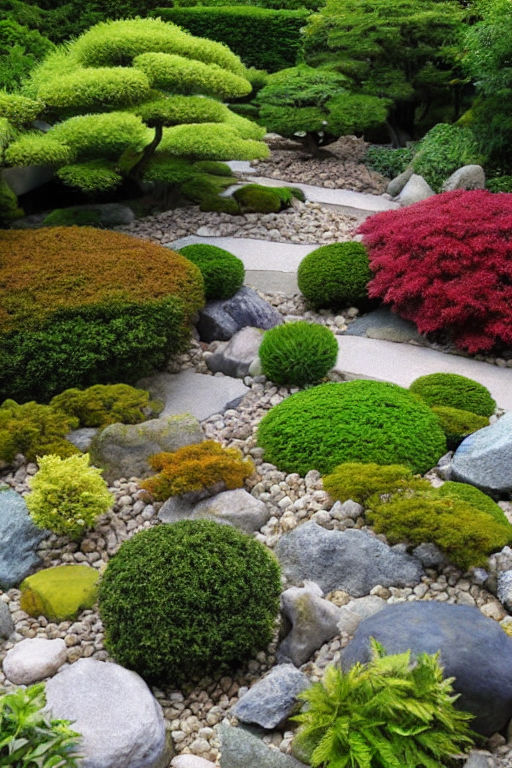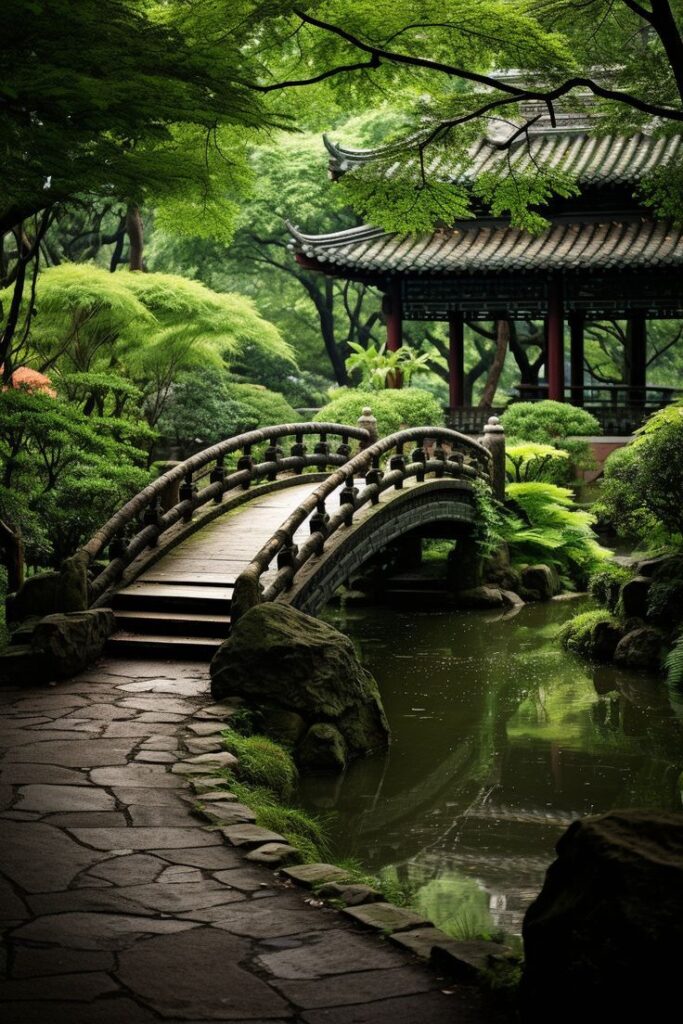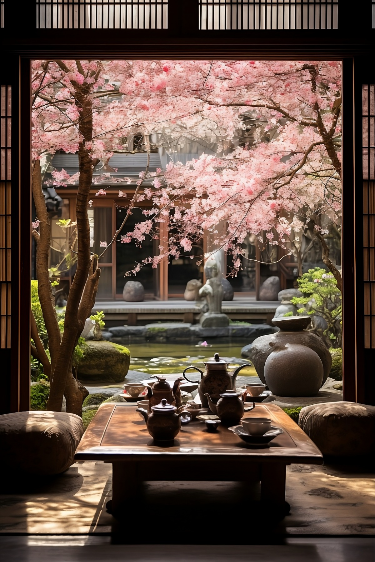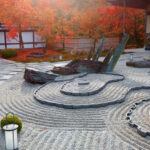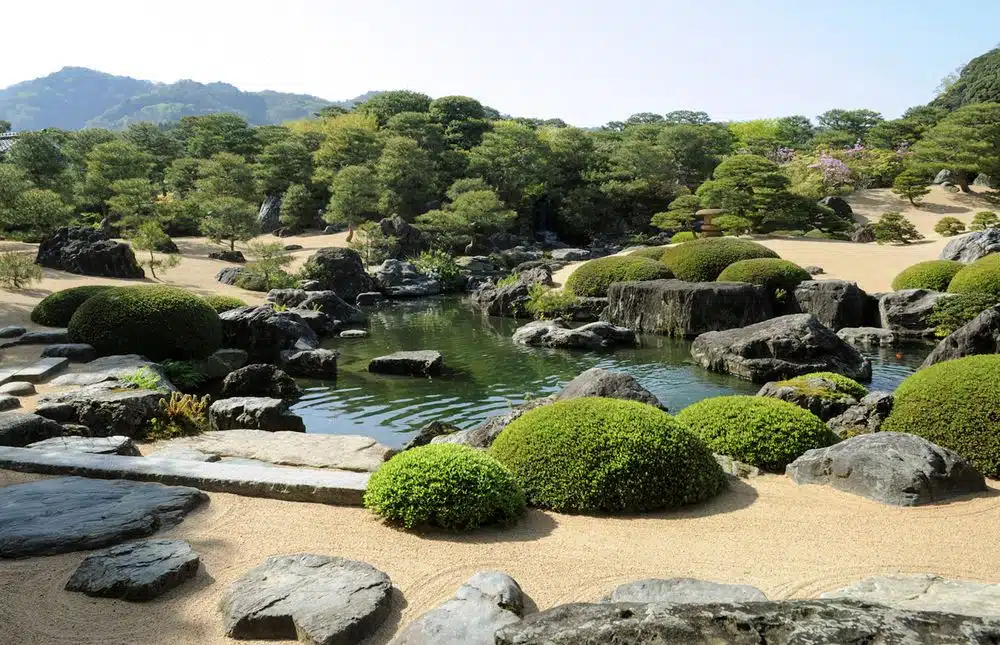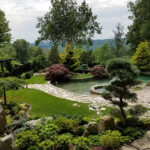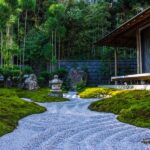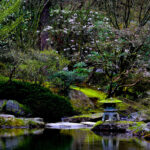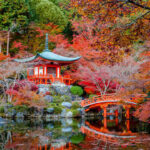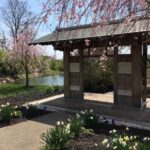Japanese gardens are renowned for their peaceful and harmonious design, incorporating elements of nature to create a serene and tranquil space. These gardens are not only a place for relaxation and contemplation, but also hold a deep cultural and historical significance in Japanese society. From temple gardens to private estates, the Japanese garden is a work of art that has been perfected over centuries.
One of the key features of a Japanese garden is the use of carefully curated plant life. Trees, shrubs, and flowers are selected for their seasonal beauty and symbolism, with each plant carefully placed to create a harmonious balance. Cherry blossoms, maple trees, and bamboo are commonly found in Japanese gardens, each contributing to the overall aesthetic and mood of the space.
Water is another important element in a Japanese garden, often represented by ponds, streams, or waterfalls. Water is seen as a symbol of purity and tranquility, and is used to create a sense of movement and flow throughout the garden. Bridges, stepping stones, and lanterns are often placed strategically near the water, creating focal points that draw the viewer’s eye and enhance the overall design.
Rocks and stones are also integral to the design of a Japanese garden, with each carefully placed to represent mountains, islands, or other natural formations. These rocks are believed to have spiritual significance, and are thought to embody the enduring and unchanging nature of the natural world. In some gardens, rocks are arranged in such a way as to resemble animals or other objects, adding a playful and whimsical touch to the overall design.
In addition to the natural elements, Japanese gardens often incorporate man-made structures such as gates, pavilions, and teahouses. These structures are designed to blend seamlessly with the surrounding landscape, creating a sense of unity and balance. Wooden structures are typically built using traditional Japanese carpentry techniques, with intricate joinery and carefully crafted details that add to the overall beauty of the garden.
Overall, the Japanese garden is a reflection of the Japanese philosophy of balance, harmony, and simplicity. Through the careful selection and arrangement of natural and man-made elements, these gardens offer a sense of tranquility and connection to the natural world. Whether visiting a temple garden or strolling through a private estate, experiencing a Japanese garden is a peaceful and meditative experience that has captivated visitors for centuries.
 yishifashion Where Outdoor Dreams Become Reality
yishifashion Where Outdoor Dreams Become Reality
